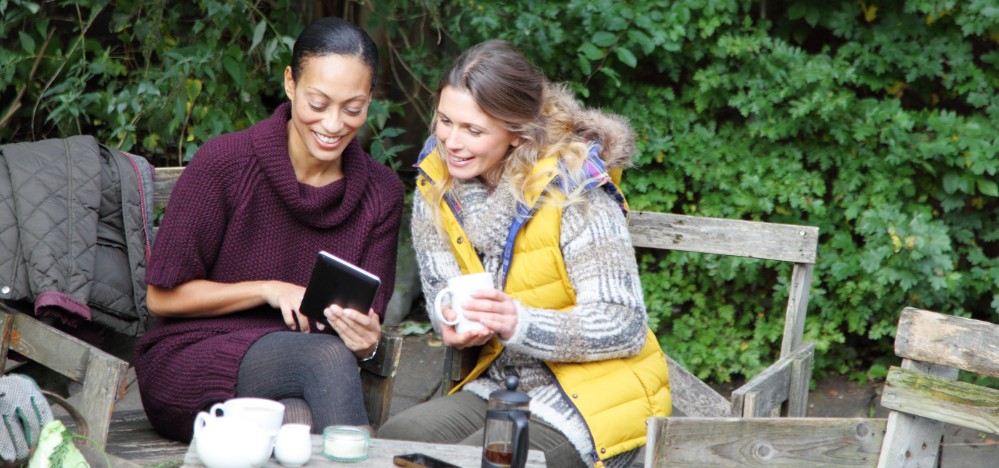We sat around the table talking about topics that are usually off limits when you’re eating—like medical issues, potty training challenges, and puberty. We smiled at each other’s disclaimers, “This may sound weird, but…” and we nodded with empathy as some of us cried. We walked away from the restaurant exchanging hugs and phone numbers, so thankful for the time we had together that night.
Even though we didn’t all know each other before, we had bonded that weekend as we attended a conference for special-needs parents and disability ministry leaders. From Texas, Florida, Ohio, Kansas, Tennessee, North Carolina, and Minnesota we had come for the opportunity to share what was going on in our families and ministries with people who would get it: people who can get math lessons done in a waiting room with one child while the other child does therapy; people who don’t give you that judgmental look when you say your son only eats one brand of chicken nuggets because they know sensory issues are real; and people who understand that sometimes conversations about potty training and puberty are about the same child.
Being a special-needs parent is lonely at times. Our children’s needs can keep us from fully participating in co-ops or getting involved at church. And special-needs parents are at different stages in our journeys. There can be grief triggers that pop up when we’re with parents of typical children that make us feel left out: like when everyone is talking about drivers ed and our child isn’t able to drive. That’s why it’s especially important for us to seek out friendships with other parents who get it.
When I was growing up in a small town in Oklahoma, my parents sought out parents of other children with disabilities who could relate to their journey of raising a daughter with Down syndrome. Decades later, as I raise my son who has autism, it’s even easier to find friends in similar circumstances if you know where to look.
I start with those at my church of course. At our church of over three hundred people, there are five or six families there each week who have children with disabilities. Our time together is important to me, but it’s usually quick since our children need our attention. We can also find friends on social media. For example, there are thousands of Facebook groups and most of us can find groups we fit right in with.
But it’s really important to get quality time together with parents who are living similar lives. This happens best at conferences and events designed especially for special-needs parents. We can get away for a time and learn from other parents, ministry leaders, adult self-advocates, and professionals in the field. At conferences I’ve learned about therapies that are working great for other families, books to read, and what to expect as my son gets older and ages out of services he receives now. But some of my favorite moments are talks in the hallway after a session or sharing an Uber ride back to the airport.
Churches and non-profits that serve the special-needs community are realizing how important conferences like these are and more and more are offered each year, usually in the fall and spring when it’s easier to travel. You’ll find some of my favorite conferences are on my website.
When we connect with others, we realize this journey we’re on isn’t as lonely as we thought it was—that God has gone before us and He provides what we need. Pray for opportunities to connect with other special-needs parents, and if possible, to attend a conference! It will be a blessing to you and your entire family as you learn how to love and serve them better.
Sandra Peoples is a special-needs mom and sibling. She’s the author of Unexpected Blessings: The Joys and Possibilities of Life in a Special-Needs Family. You can connect with her at sandrapeoples.com.



